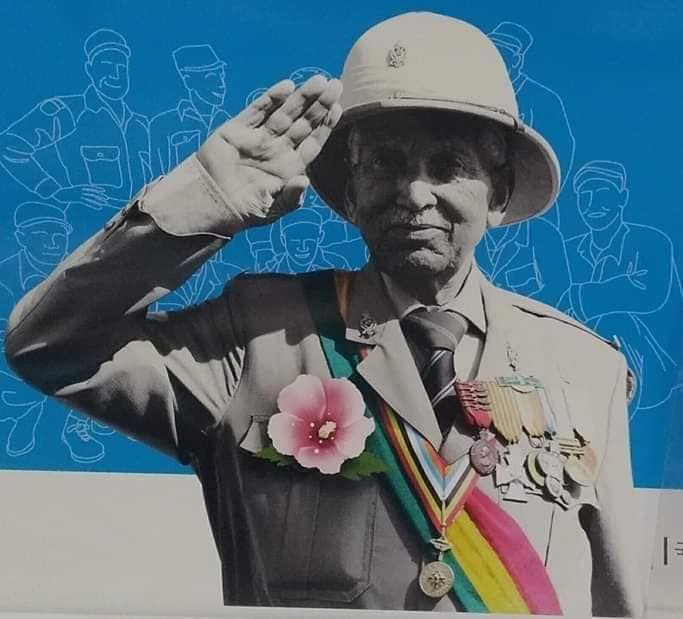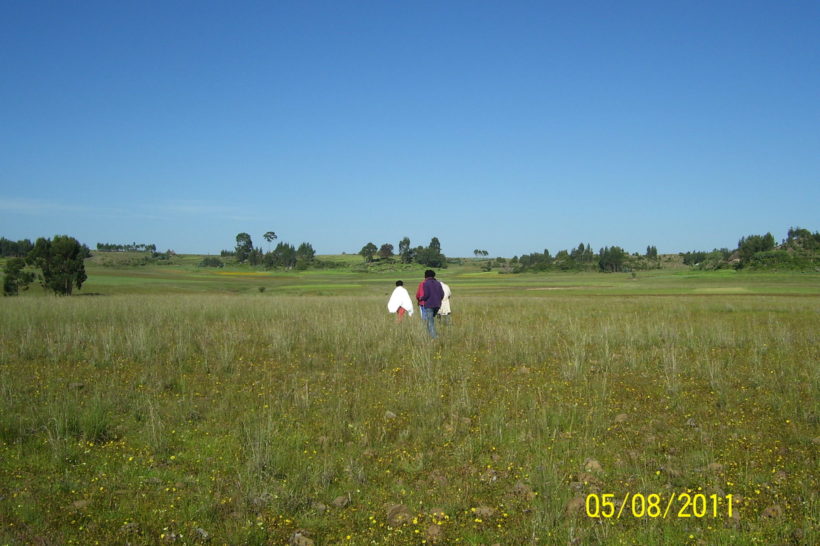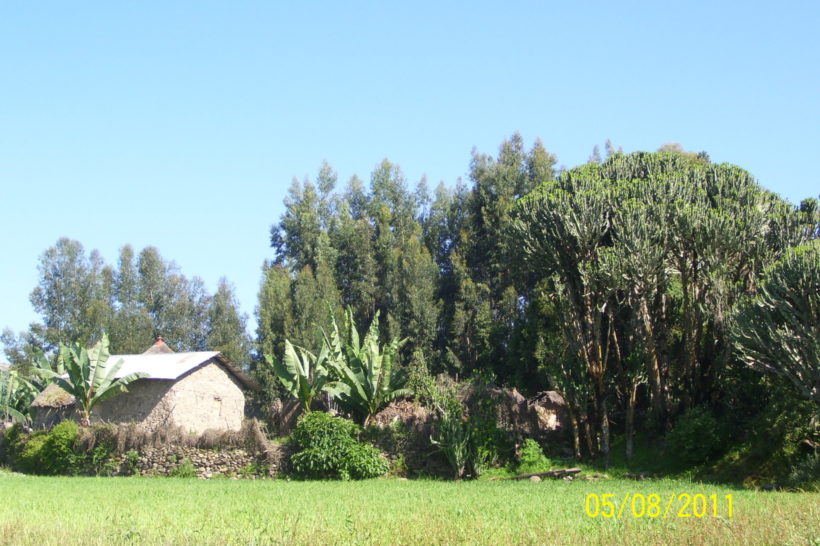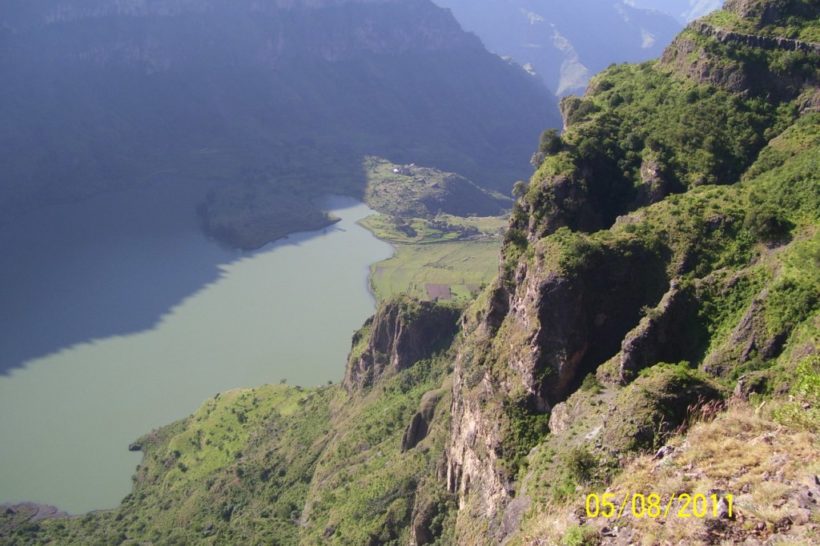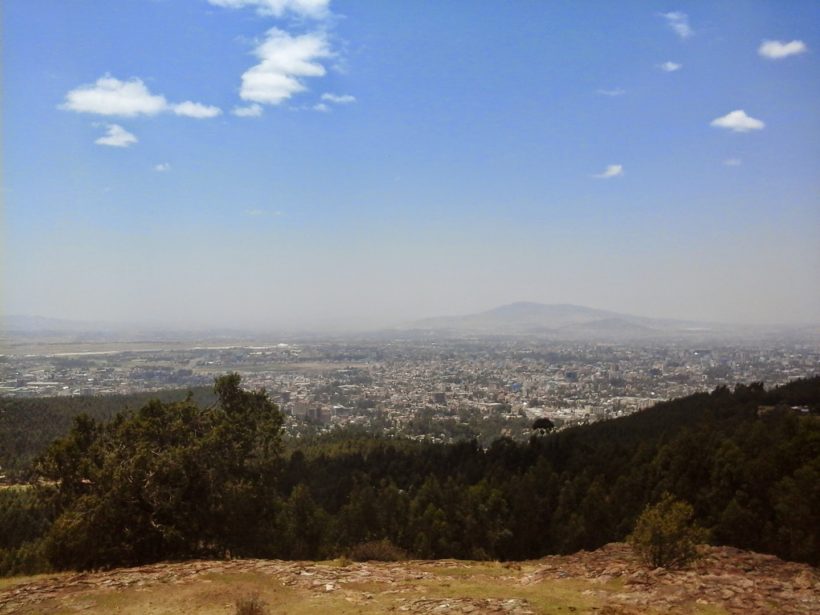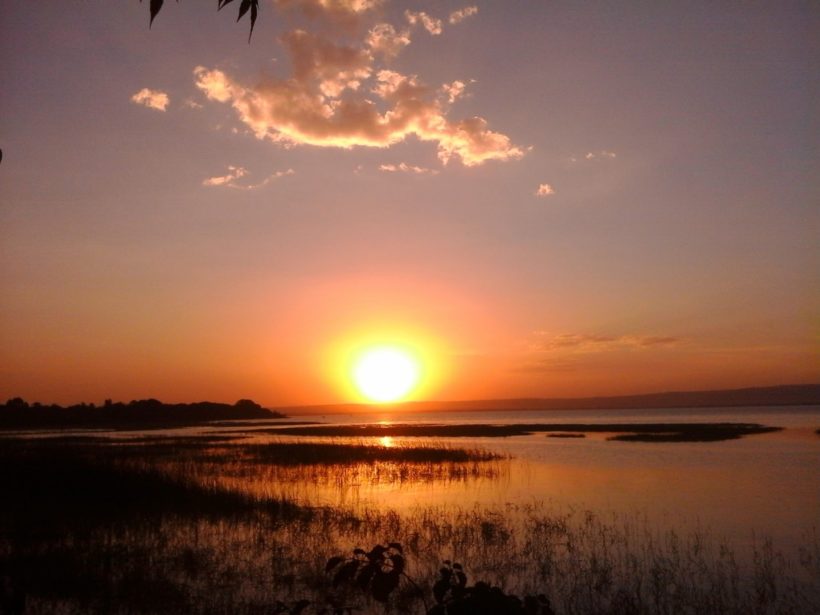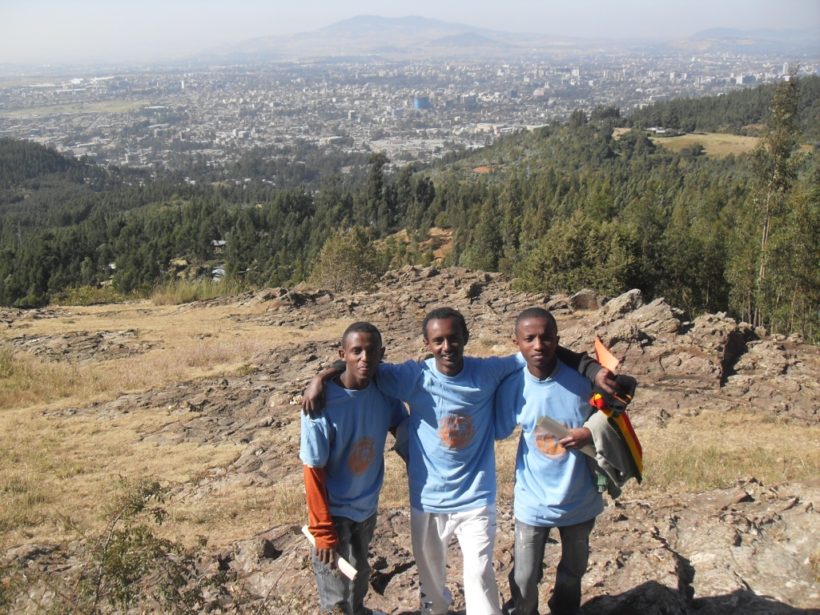Sixteen Africa-based civil society organizations sent a concerned letter on Ethiopia’s ongoing conflict in the northern part of the country to the UN Security Council. In the letter, sent on May 18, 2022, the concerned civil societies said that despite the seriousness of the situation, the UN Security Council has failed to formally address the situation in Ethiopia. Twenty-eight years ago, the Security Council similarly failed to recognize the warning signs of genocide in Rwanda or act to stop it. The letter calls for support via the deployment of an AU-led international peacekeeping force in Western Tigray, with a robust mandate and capacity to protect civilians and promote the delivery of humanitarian aid.
According to the Uganda based organization website, ww.atrocitieswatch.org, Atrocities Watch Africa (AWA), a non-partisan, civil society organization and institution, atrocities can be prevented through various interventions, including, but not limited to, early warning mechanisms, diplomatic efforts, use of social media and new technologies, litigation, and advocacy campaigns.
Your Excellency,
We, the undersigned, write on behalf of our members across the African continent and concerned Africans everywhere to ask you to provide leadership in ending the ongoing war in Ethiopia. Since November 2020, the federal government under Prime Minister Abiy has been fighting against the Tigray People’s Liberation Front (TPLF), the leaders of the Tigray region and formerly the dominant party at the national level.
The war has inflicted unimaginable human suffering. A joint investigation of the UN Human Rights Council and the Ethiopian Human Rights Commission found that parties on both sides of the conflict have committed serious human rights abuses including attacks on civilians, unlawful killings and extra-judicial executions, torture, arbitrary detentions, abductions and enforced disappearances and rape and other sexual violence. The government has sought to use food as a weapon of war, blocking humanitarian assistance as a tool to starve Tigrayans into submission. It has been estimated that half a million people have died, 4.2 million have been displaced and 9 million are in need of humanitarian assistance.
In this context, there are serious reasons for concern about ongoing ethnic tensions and that violence may rise to the level of genocide. Indeed, the Special Adviser to the UN Secretary-General on the Prevention of Genocide has repeatedly raised concerns about the ethnic and religious bases of attacks and the use of language like “cancer” and “devil” to refer to human beings cast as opponents. A recent joint report by Amnesty International and Human Rights Watch based on over 400 interviews conducted over fifteen months documents ethnic cleansing in Western Tigray.
Despite the seriousness of the situation, the UN Security Council has failed to formally address the situation in Ethiopia. The UN Human Rights Council has already taken significant action to bring the human rights violations committed in Ethiopia to light, both through its joint investigation with the EHRC and through the appointment of an international commission of human rights experts. The UN Security Council should support these efforts with its diplomatic muscle.
Twenty-eight years ago, the Security Council similarly failed to recognize the warning signs of genocide in Rwanda or act to stop it. This failure was analyzed by the International Panel of Eminent Personalities which concluded that the United Nations had the means to intervene, but “simply did not care enough about Rwanda to intervene appropriately.” We are concerned that the situation is repeating itself in Ethiopia today. We call on you to learn the lessons from Rwanda and act now.
The announcement of a truce in late March offers an important opening for dialogue. Action must be taken now, while both sides are publicly committed to it, to increase humanitarian aid delivered to Tigray, assuage fears and create opportunities for building confidence and moving towards a negotiated political solution. This is a critical moment for the United Nations to take decisive action that leverages these openings to benefit the people of Ethiopia. This cannot be done, however, without clear leadership from the UN Security Council.
For these reasons, we call on the UN Security Council to formally place Ethiopia on its agenda. Once the situation in Ethiopia is formally on the agenda, the Council should:
- Request regular reporting on the situation on the ground in Ethiopia. This reporting could be provided by the Secretary-General’s Special Representative for the Horn Hannah Tetteh. This will provide the Council with both the information that it needs and the forum to monitor the extent to which the government of Ethiopia and the Tigrayan regional government comply with their international law obligations and stated commitments;
- Press the parties for immediate and unimpeded humanitarian access, including access to detention facilities, where civilians are particularly at risk;
- Impose an arms embargo on all parties to the conflict, with a UN monitoring body to report on the implementation of the embargo;
- Call for the disarmament of, and accountability for, the informal militias that have been at the forefront of grave human rights violations;
- Call for a verification mechanism to ensure the withdrawal of Eritrean troops in Ethiopia;
- Support political mediation of the conflict in cooperation with the AU;
- Support the deployment of an AU-led international peacekeeping force in Western Tigray, with a robust mandate and capacity to protect civilians and promote the delivery of humanitarian aid; and
- Support accountability for those responsible for the most serious violations committed over the last 16 months, including by supporting the work of the International Commission of Human Rights Experts.
Such action will be vital to assisting the Ethiopian men, women and children who have been suffering both direct hostilities, associated human rights violations, and obstructed humanitarian aid.
Yours sincerely,
African Centre for Justice and Peace Studies, Sudan
AfrikaJom Center
Atrocities Watch
Centre for Democracy and Development (CDD), Nigeria
Eritrean Movement for Democracy and Human Rights (EMDHR)
FKA – Senegal
Human Rights Institute of South Africa (HURISA)
Institute for Human Rights and Development in Africa, the Gambia
Institute for Justice and Reconciliation (IJR)
International Refugee Rights Initiative, Uganda
Mouvement Inamahoro
RADDHO (Rencontre Africaine pour la Défense des Droits de l’Homme)
Regional Network on Peace and Stability (RENOPS)
WARIPNET (West African Refugees and Internally Displaced Persons Network)
Hala Al Karib -Women’s rights activist in the Horn of Africa and Sudan region
Corlett Letlojane, Executive Director, HURISA
